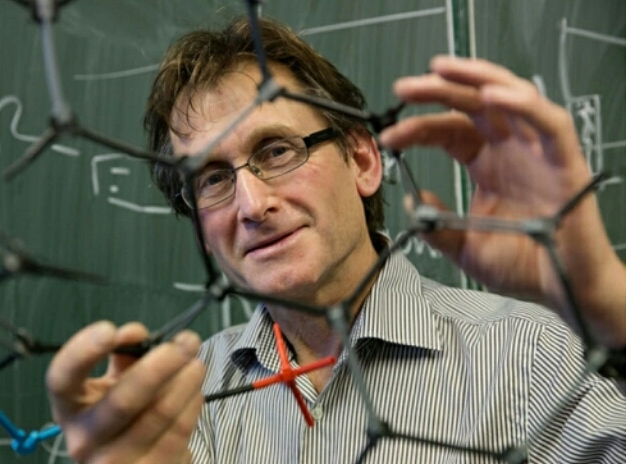Dutch Scientist Wins Nobel Prize For Inventing The World’s Smallest Car
On Wednesday, a Dutch professor became one of the winners of this year’s Nobel Prize for his work constructing a working car made from a handful of molecules.
Dr. Bernard Feringa, professor of organic chemistry at the Netherlands’ University of Groningen, was one of three scientists awarded the 2016 Nobel Prize in Chemistry for his work creating working molecular motors.
“In terms of development, the molecular motor is at the same stage as the electric motor was in the 1830s, when scientists displayed various spinning cranks and wheels, unaware that they would lead to electric trains, washing machines, fans and food processors,” the Royal Swedish Academy of Sciences said in the statement announcing the honor.
Dr. Feringa became the first person to develop a working molecular motor back in 1999, but it was his team’s work developing the first “nanocar” in 2011 that earned him a spot on the Nobel list. The tiny vehicle consisted of a small chassis equipped with four molecular motors at each corner serving as powered wheels capable of spinning at 720 million revolutions per minute.
The other involved scientists in the project will split the prize of 8 million Swedish kronor three ways, which means each will walk away with around $310,000 before taxes but the actual medal will go to Dr. Feringa for being given the team lead.

